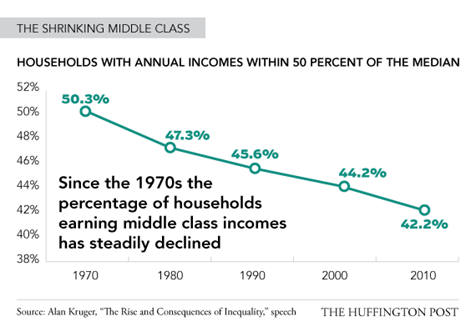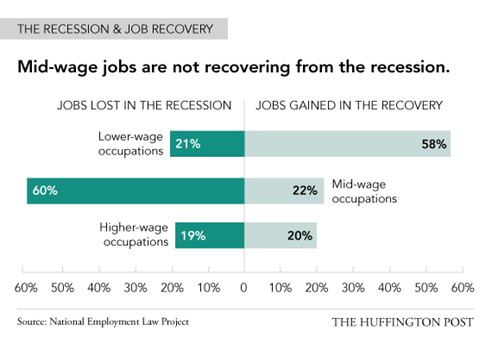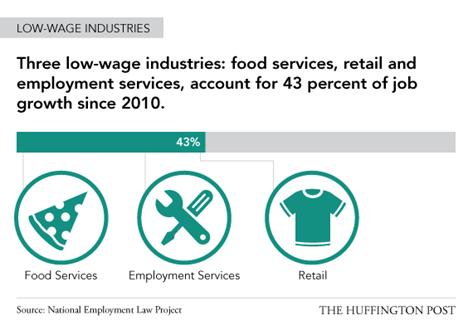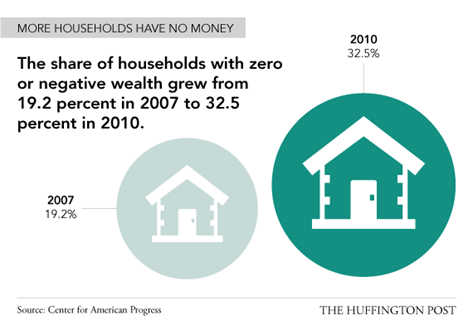Americans believe it doesn’t matter where you start out in life—rich or poor, city mouse or country mouse—hard work and determination can push you up the ladder to the middle class and beyond.
But is that American Dream in trouble?

A poll by the Pew Charitable Trusts says 40 percent of Americans believe it’s still common for a person to start out poor, then work their way up to the middle class or even the top. You can read the WSJ story about this issue here.
This is the heart of that story:
In reality, however, only 4% of Americans travel the rags-to-riches path, according to new research from the Economic Mobility Project of the Pew Charitable Trusts. And a great many who are born into the poorest segments of the population are stuck there for life, a finding that suggests the U.S. has much to do to improve social mobility.
Forty-three percent of Americans raised in the bottom quintile of household income remain there a generation later (with income of less than $28,900 in 2009 dollars, adjusted for family size). Twenty-seven percent rise up slightly into the second quintile, 17% land in the middle of the distribution, and 9% end up in the 4th quintile.
Despite the debate over the value of a college education, a college degree remains the single biggest predictor that a person will move up the ladder. Eighty-six percent of those who jumped out of the bottom quintile had graduated from college, versus 55% of non-grads. However, only 7% of people raised at the bottom of the scale receive a college degree.



There are two meetings scheduled, one in Tacoma and one in Shoreline, of lawmakers and citizens taking a hard look at income inequality, the shrinking middle class and what we can do about it in Washington state.
Tacoma – Dec. 2 from 6 to 8 p.m. at Tacoma Community College Student Center Cafeteria (Building 11) with State Reps. Laurie Jinkins, Tami Green and Jake Fey.
Shoreline – Dec. 3 from 6 to 8 p.m. at the Shoreline Community College Pagoda Union Building’s Quiet Room with State Reps. Ruth Kagi and Cindy Ryu.
